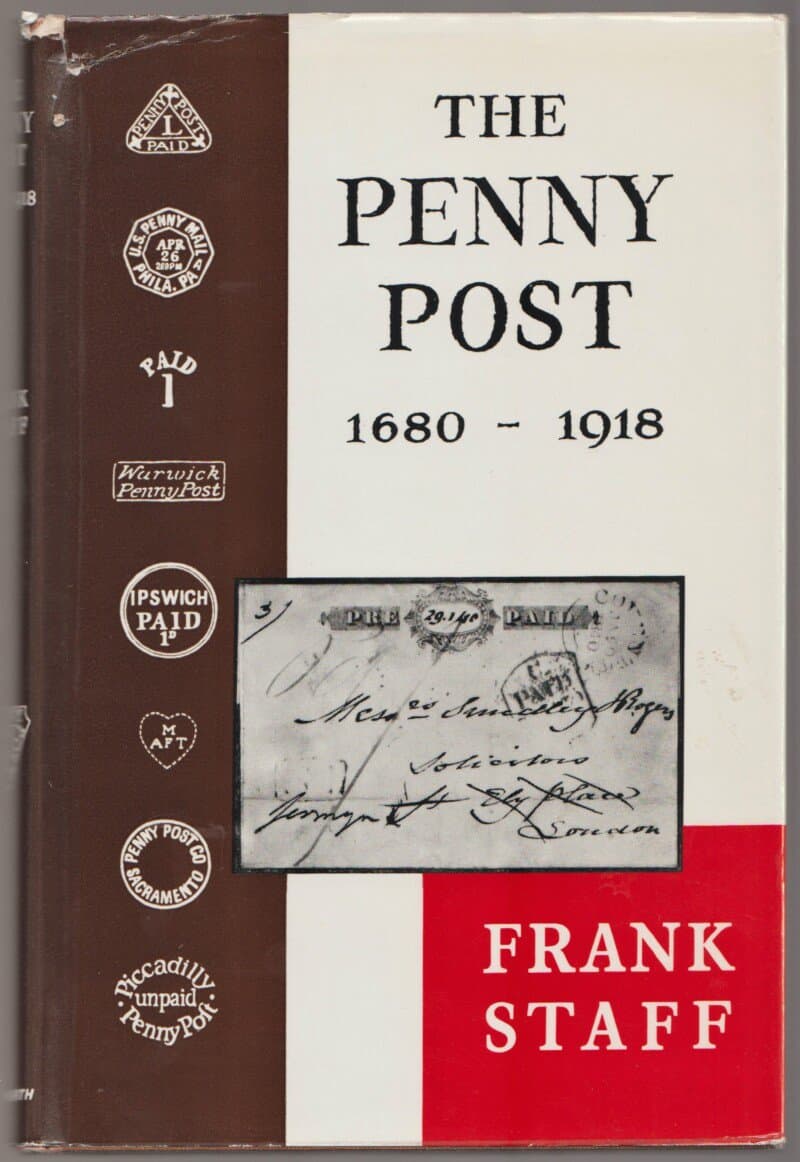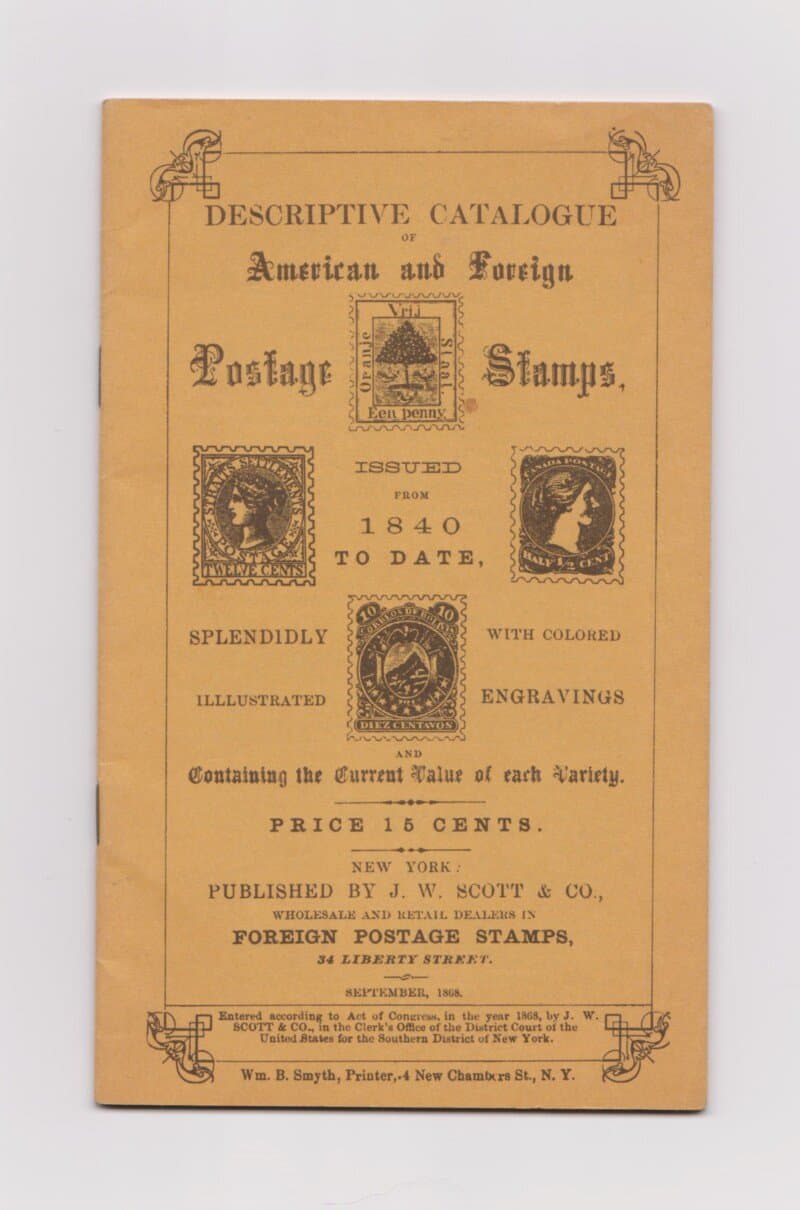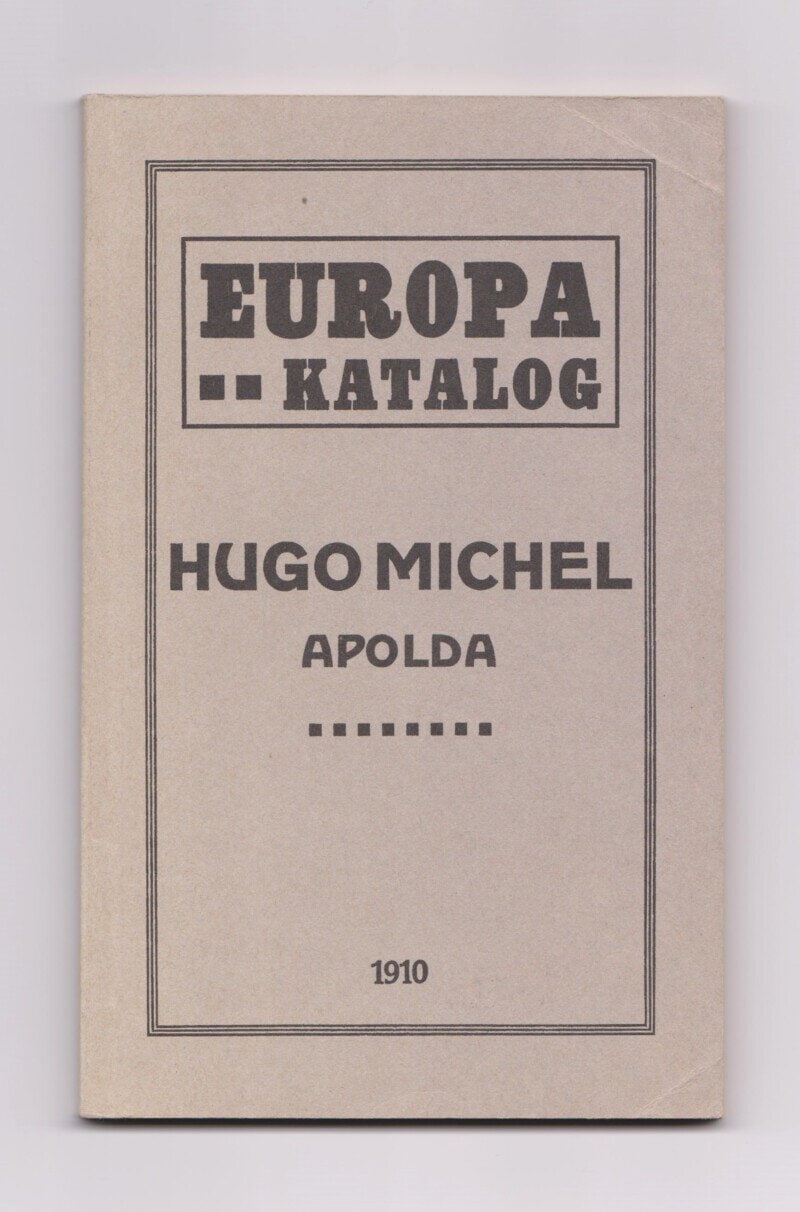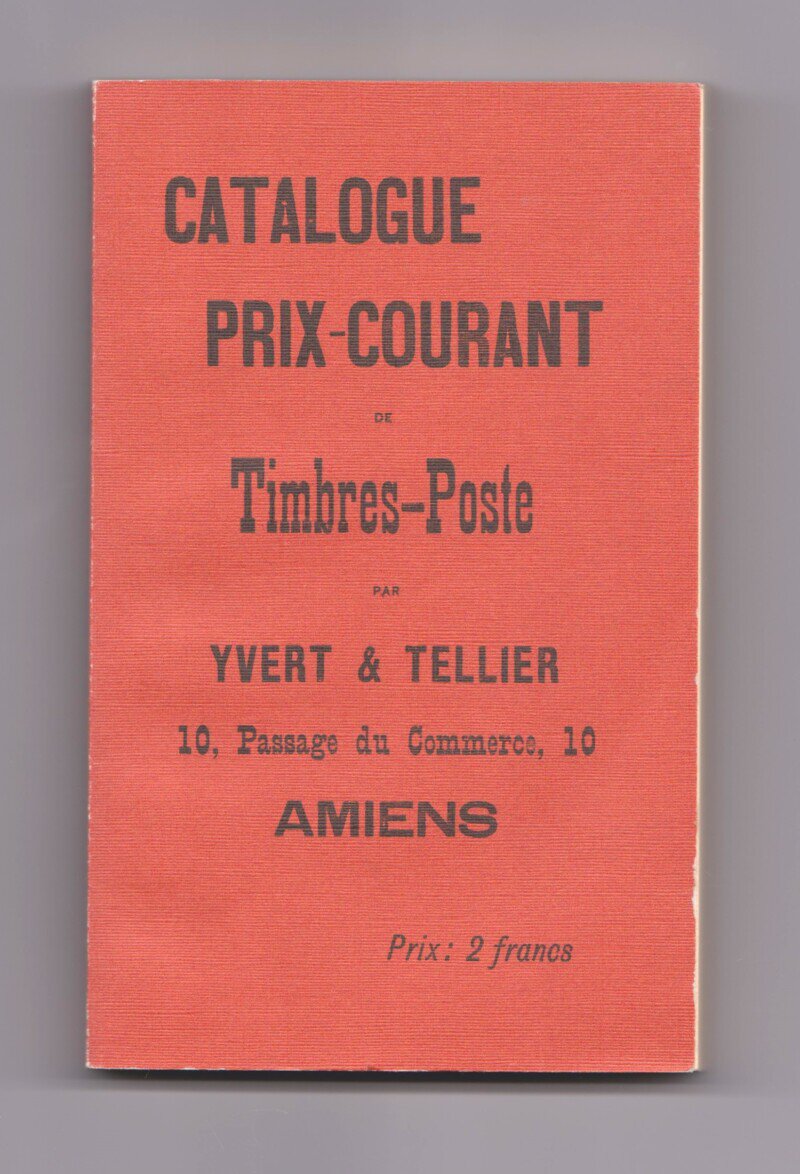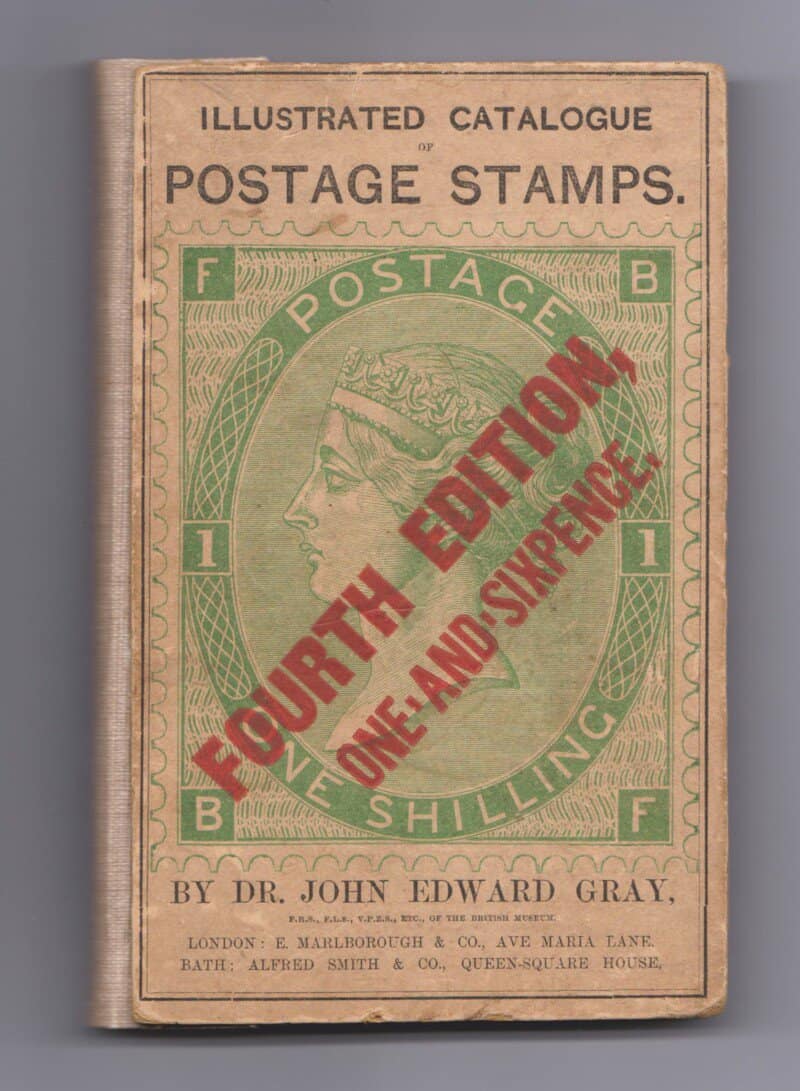Philatelic Literature Specialists
-
General Philatelic
- Airmail
- Auction Catalogues
- Bibliographies
- Bilig Philatelic Handbooks
- Cinderellas
- Exhibitions & Congresses
- Forgeries
- Fred J Melville
- General Handbooks
- History of Philately
- Jean-Baptiste Moens
- Maritime
- Military
- Polar
- Postal History
- Postal Stationery
- Postmarks
- Railways
- Specimen Stamps
- The Royal Philatelic Society, London
- Thematics
- Vintage Catalogues
-
Great Britain
- Airmail
- Channel Islands
- Cinderellas
- Edward VII Issues
- Edward VIII Issues
- George V Issues
- George VI Issues
- Ireland
- Isle of Man
- Local Postal History
- London
- Maritime
- Military
- Perfins
- Post Office History
- Postal History
- Postal Stationery
- Postmarks
- Pre-adhesives
- QEII Issues
- Queen Victoria Issues
- Railways
- Scotland
- Telegraphs/Telephones
- Used Abroad
- Wales
-
British Commonwealth
- Aden
- Antigua
- Ascension
- Australia
- Bahamas
- Barbados
- Basutoland
- Batum
- Bechuanaland
- Bermuda
- Britis Central Africa
- British East Africa
- British Empire - General
- British Guiana
- British Honduras
- British North America
- British Occupied German Colonies
- British Occupied Italian Colonies
- British Solomon Islands
- British West Africa
- British West Indies
- Brunei
- Burma
- Cameroons
- Canada
- Cape of Good Hope
- Cayman Islands
- Ceylon
- Christmas Island
- Cocos (Keeling) Islands
- Cook Islands
- Cyprus
- Dominica
- Egypt
- Falkland Islands
- Fiji
- Gambia
- Ghana
- Gibraltar
- Gilbert & Ellice Islands
- Gold Coast
- Grenada
- Heligoland
- Hong Kong
- India
- Ionian Islands
- Iraq
- Jamaica
- Kenya
- Labuan
- Lagos
- Leeward Islands
- Levant
- Long Island
- Madagascar
- Mafia
- Malaya
- Malta
- Mauritius
- Montserrat
- Morocco Agencies
- Natal
- Nauru
- Nevis
- New Hebrides
- New Republic
- New Zealand
- Niger Coast
- Nigeria
- Norfolk Island
- Noth Borneo
- Nyasaland
- Orange Free State
- Pakistan
- Palestine
- Papua
- Pitcairn
- Rhodesia
- Saint Vincent
- Samoa
- Sarawak
- Seychelles
- Sierra Leone
- Somaliland
- South Africa
- South West Africa
- St. Christopher
- St. Helena
- St. Kitts
- St. Lucia
- Straits Settlements
- Sudan
- Swaziland
- Tanganyika
- Togo
- Tokelau
- Tonga
- Transvaal
- Trinidad & Tobago
- Tristan da Cunha
- Turks & Caicos Islands
- Uganda
- Vanuatu
- Virgin Islands
- Zanzibar
- Zululand
-
Europe & Colonies
- Aaland Islands
- Albania
- Andorra
- Armenia
- Austria
- Azerbaijan
- Belgian Congo
- Belgium
- Bosnia
- Bulgaria
- Crete
- Croatia
- Cyprus
- Czechoslovakia
- Danish West Indies
- Danzig
- Denmark
- Estonia
- Europe - General
- Finland
- France
- French Colonies
- German Colonies
- Germany
- Gibraltar
- Greece
- Greenland
- Heligoland
- Hungary
- Iceland
- Ionian Islands
- Ireland
- Italy
- Latvia
- Liechtenstein
- Lithuania
- Luxembourg
- Malta
- Memel
- Moldavia
- Monaco
- Montenegro
- Netherlands
- Norway
- Poland
- Portugal
- Roumania
- Russia
- San Marino
- Serbia
- Slovakia
- Slovenia
- Spain
- Sweden
- Switzerland
- Thurn & Taxis
- Turkey
- Ukraine
- Upper Silesia
- Vatican
- Yugoslavia
- The Americas
-
Africa
- Abyssinia
- Algeria
- Angola
- Basutoland
- Bechuanaland
- Belgian Congo
- British East Africa
- Cameroons
- Cape of Good Hope
- Egypt
- Ethiopia
- French Equatorial Africa
- Gambia
- German East Africa
- Ghana
- Gold Coast
- Kenya
- Lado Enclave
- Lagos
- Liberia
- Libya
- Madagascar
- Mafia
- Mauritius
- Morocco
- Mozambique
- Natal
- New Republic
- Niger Coast
- Nigeria
- Nyasaland
- Orange Free State
- Rhodesia
- Seychelles
- Sierra Leone
- Somaliland
- South Africa
- South West Africa
- Sudan
- Tanganyika
- Togo
- Transvaal
- Tunisia
- Uganda
- Zambia
- Zanzibar
- Zululand
- Asia
- Middle East & Levant
- Journals
- Non-philatelic
The Penny Post
First edition, hardback, dustwrapper, 219 pages + plates, crease and short tear to dustwrapper with tiny amount of loss, book itself in Very Good, clean condition.
The first edition of Frank Staff’s authoritative and extremely readable account of the growth of the Penny Post from its local beginnings to national and international agreements. To some (such as Elihu Burritt who campaigned so vigorously for Ocean Penny Post to and from the United States, and Henniker Heaton, who by his efforts brought about Imperial Penny Post in 1898) the need to provide a cheap means of communication between peoples at home and abroad was not only obvious but was fought for with missionary zeal; however, governments were slow to react to these demands and the story Frank Staff describes provides a fascinating sidelight of social as well as postal history.
While we are all familiar with the name of Rowland Hill, who in 1840 established Uniform Penny Post in this country, less well-known is the pioneering work of William Dockwra, who created an efficient Penny Post in London as early as 1680 with four or five hundred Receiving Houses to take in letters, seven Sorting Offices and very frequent deliveries. Other pioneers include Ralph Allen of Bath, who developed Bye-way and Cross Roads Post throughout England and Wales in 1720, Peter Williamson, who organised a Penny Post in Edinburgh in 1773-4, and John Palmer, who devised the first mail-coach service in 1784 from Bristol to London.
The study of postal history opens up wide possibilities and is a fascinating subject of interest to the social historian as well as the philatelist. The Penny Post not only gives the historical background of a reform, but indicates the range of items that may still be obtained by the keen collector – early date-stamped envelopes, broadsheets and pamphlets, letter scales and stamp boxes, personal correspondence and newspaper cartoons – and the book itself is illustrated with a remarkable collection of photographs and line drawings.
£12.00

© 2025, HH Sales.
Website by Paper Street.

